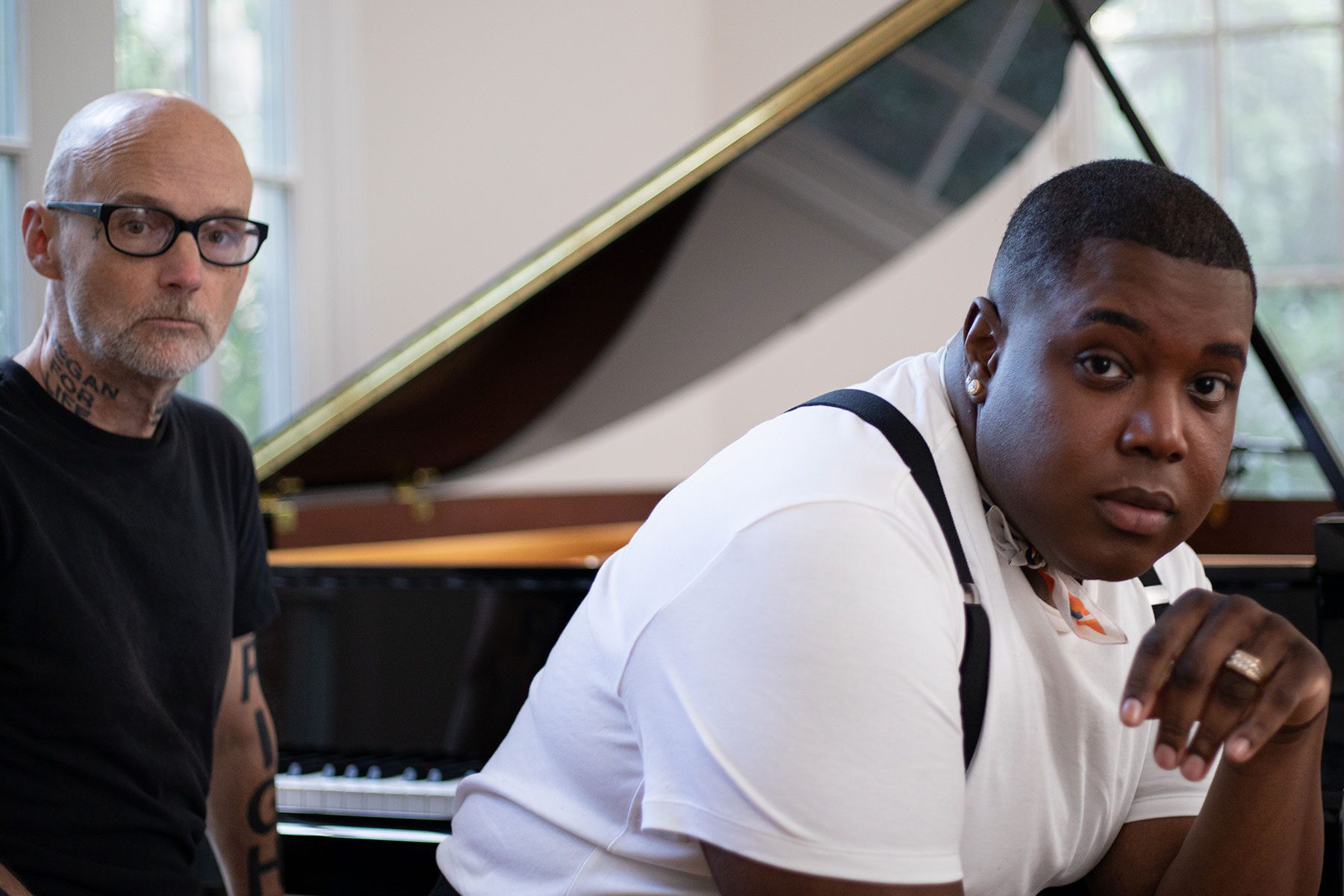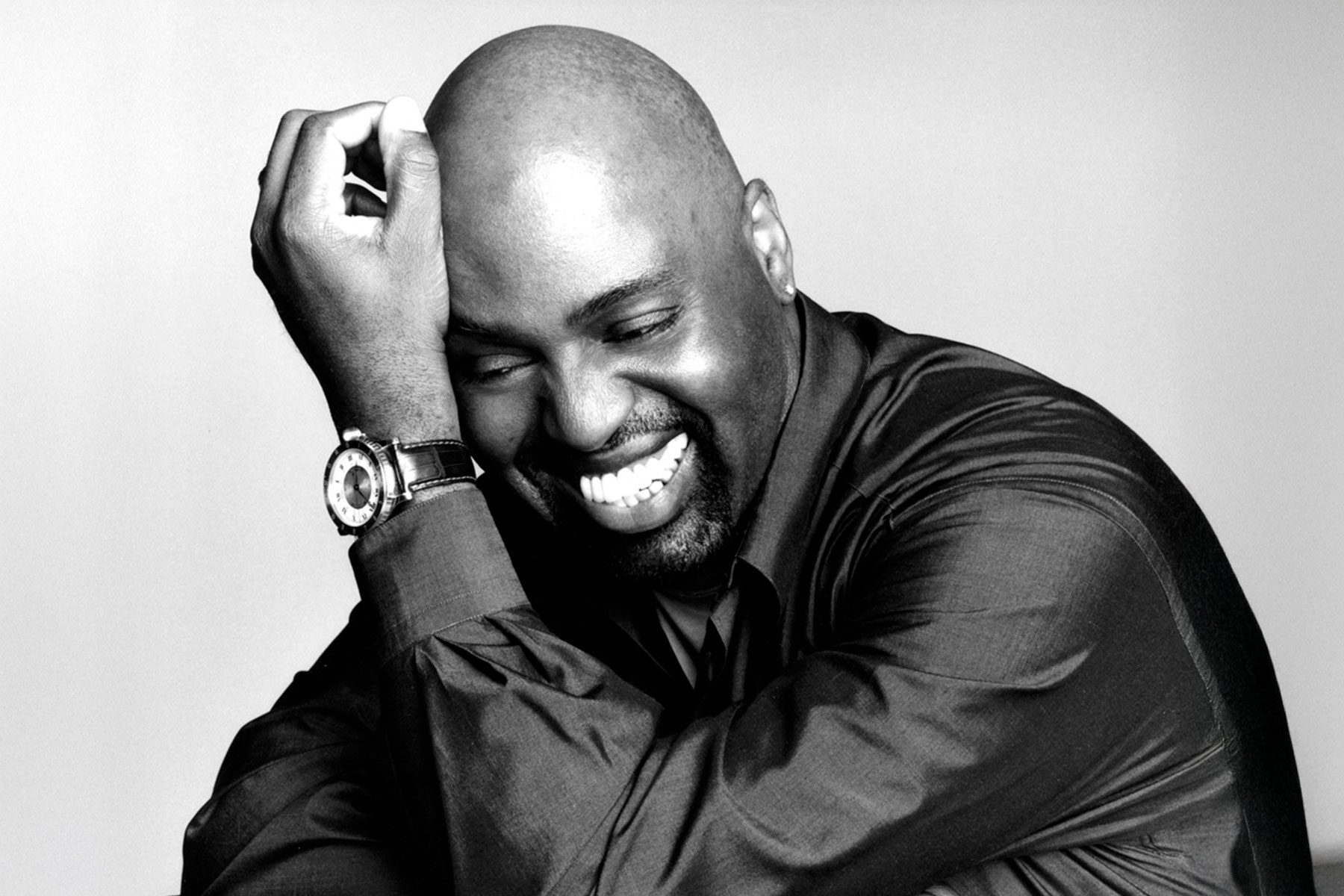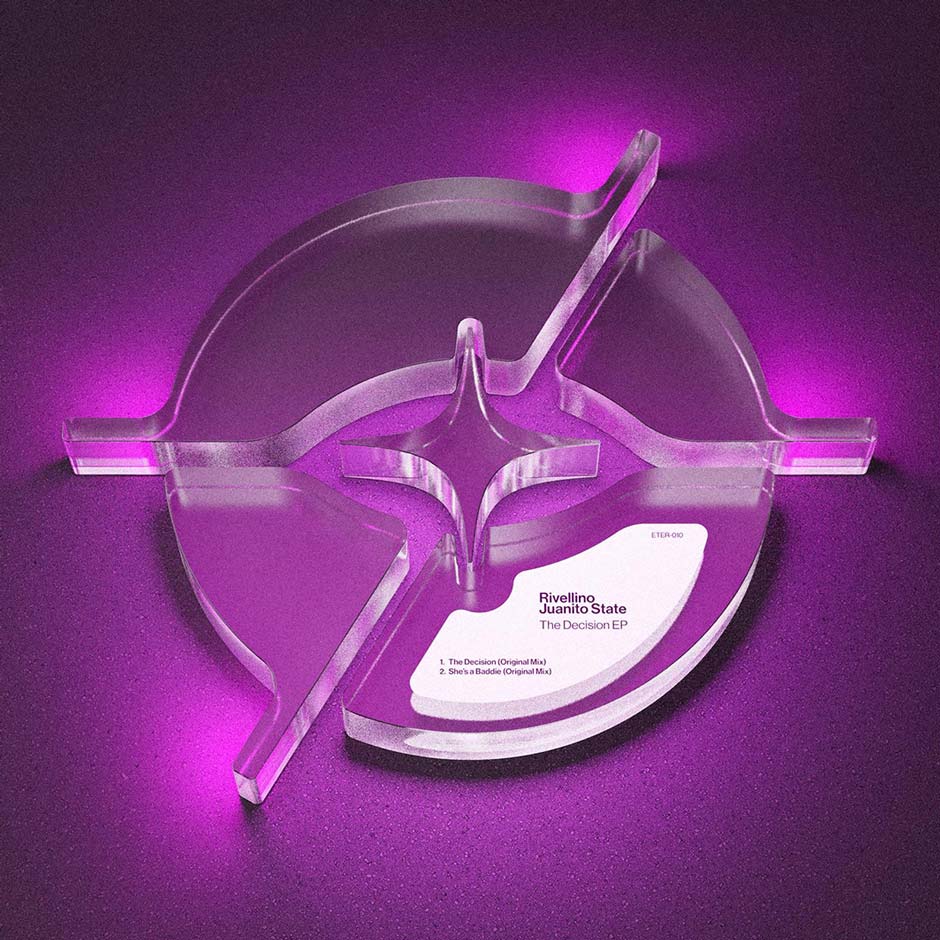Stuttgart-based musician, producer, and composer Johannes Brecht is praised for his elegant and masterfully executed productions. He discovered his passion for music through jazz, a genre that continues to inspire him to this day.
Photo Credit: Johannes Brecht – Bancamp
Brecht recently released a two-track EP titled “A New Day,” featuring the songs ‘We Love Our People’ and ‘A New Day.’ The EP is stirring and profound while maintaining a relaxed and carefree vibe, which is a testament to Brecht’s ability to blend sophistication and ease into his music seamlessly.
To celebrate the release, Brecht shares five studio tips to help create more impactful music. Get your copy of ‘A New Day’ here.
1. Setting
The best environment for creativity is subjective and can vary from person to person and even from project to project. It’s important to take a moment to reflect on what setting inspires you the most. Some artists thrive in a quiet and secluded space, while others may prefer a bustling and energetic atmosphere. Experiment with different environments and find what works best for your creative flow. It could be a home studio, a rented space, or even a natural outdoor setting. Tailor your environment to suit your needs and make adjustments as necessary. For example, I also love to change the setting while working on different tracks – I take headphones with me and listen to the song on the bike, for example. Then I sit down and start to work on my laptop – wherever I am – and change, and test ideas that came to me on the way.
2. Start blank
One of the keys to fostering creativity is to approach each new piece of music with a blank canvas. Allow yourself to be completely open to any idea that comes to mind and avoid forcing your music into pre-existing templates or presets. Starting with a blank slate allows for greater freedom and exploration. It encourages you to think outside the box and discover unique sounds and melodies that may not have emerged otherwise. Embrace the unknown and let your creative instincts guide you from the very beginning.
3. Experiments
Embracing spontaneity and experimentation can lead to exciting and innovative results in your music. Take the time to explore different techniques, instruments, and soundscapes. Allow yourself to improvise and see what emerges in the moment. Try out new approaches, experiment with unconventional combinations of instruments and effects, and push the boundaries of your creativity. This process can yield unexpected and captivating outcomes that perfectly capture the mood and harmony of your music. Don’t be afraid to venture into uncharted territory and explore the endless possibilities that await. Experimentation is a very important part to me. Not only do I try to find exciting sounds, but I always try to find a process that fits the song. Sometimes it’s really fast and happens 100 percent in the DAW, but sometimes it’s finding the right microphone, the right percussion instrument in combination with a guitar pedal. The other day I rediscovered my old stereo spring reverb from Pioneer – I had already made impulse responses for Altiverb with it, but with the switch to Mac Studio, I, unfortunately, couldn’t use Altiverb anymore. Altiverb doesn’t currently run natively on the “new” Mac chips, so I unpacked the original unit again and it opened up a wonderful unexplored process for me, which led to completely new working ways.
4. There is no wrong
In the vast realm of music production, there are countless “right” ways to do things, as suggested by various online resources. However, it’s liberating to free yourself from rigid guidelines and trust your own instincts and feelings. Give yourself permission to go to extremes, to break the rules consciously, and to unleash your creativity without self-imposed limitations. Remember, music is an art form and true artistry often arises from embracing your unique perspective and embracing the freedom to express yourself authentically. Trust your intuition and let it guide you on your creative journey. Sometimes it’s little happy accidents that create wonderful new sounds. You accidentally route a track to the wrong output, and then the sound goes through effects that weren’t actually intended for it, but it’s fun!
5. Essential
When you feel that a song is nearing completion, it’s crucial to assess the elements and determine what is truly essential. Take a step back and critically evaluate each component of the composition. Ask yourself if every element serves a purpose and contributes to the overall message and impact of the music. Aim to reduce the number of elements to the bare essentials. This process may not be easy, as you may be attached to certain sounds or ideas, but by eliminating unnecessary elements, you create more space for each element to shine. This approach can help refine and enhance the impact of your music, allowing the essential elements to take center stage and deliver a more focused and impactful listening experience.
Get your copy of ‘A New Day’ here.
Follow Johannes Brecht: Spotify | Instagram | SoundCloud | Youtube











